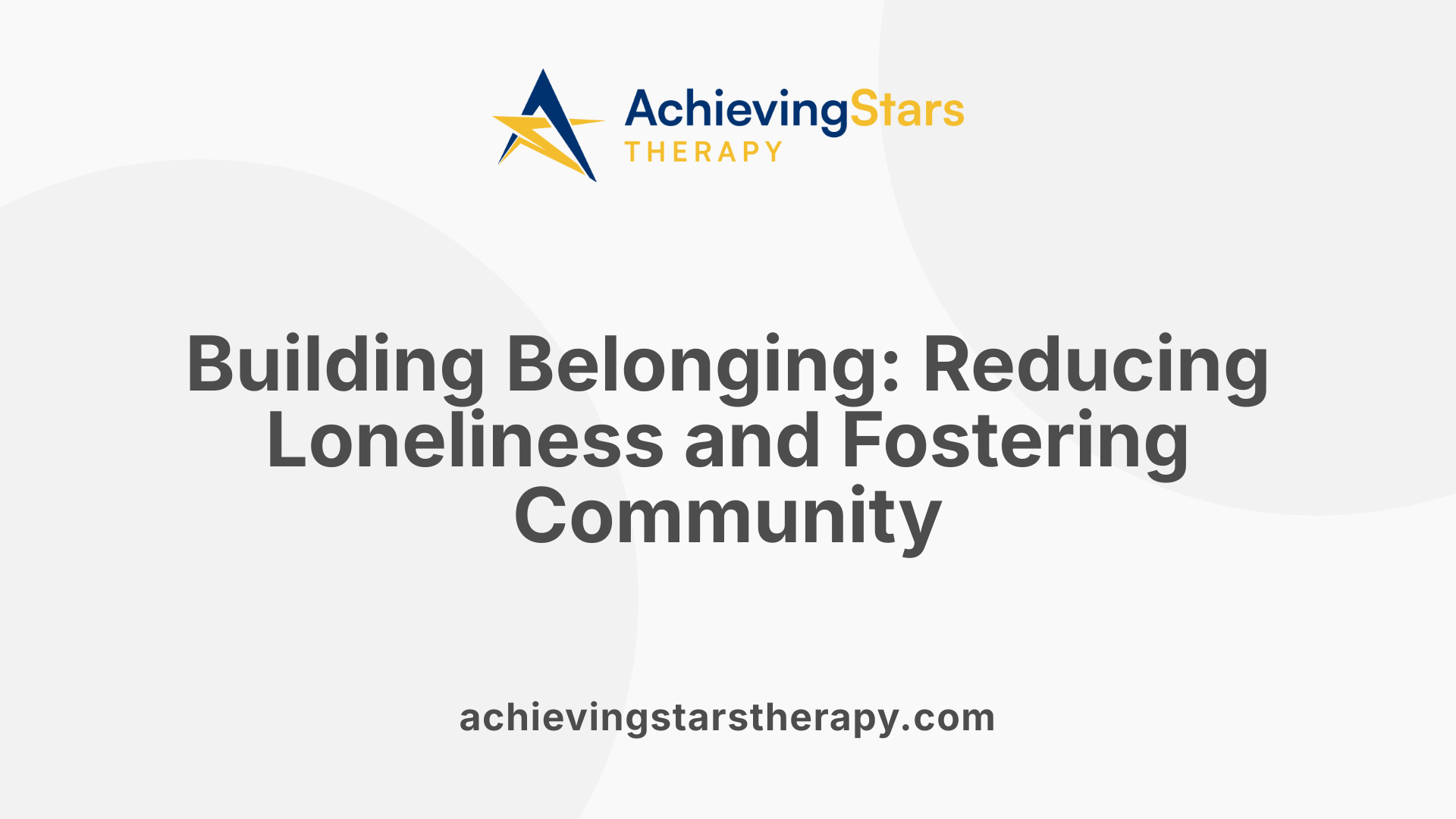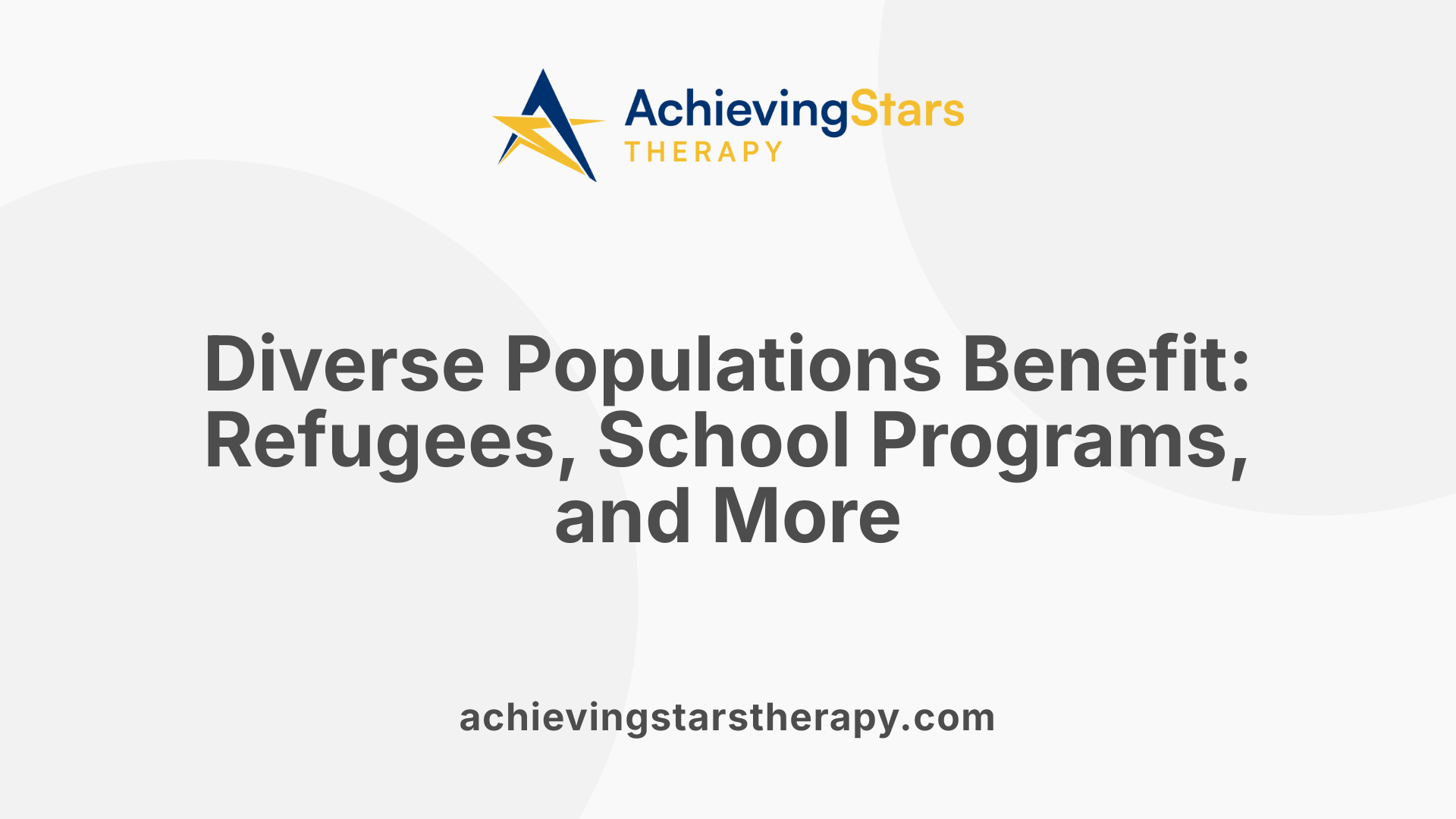The benefits of group therapy for children with similar challenges
May 12, 2025
Empowering Young Minds Through Collective Support

Understanding the Power of Group Therapy for Children
Group therapy offers a structured, supportive environment where children facing emotional, social, and developmental challenges can come together to share experiences, develop skills, and foster resilience. Facilitated by trained professionals, these settings capitalize on peer support and targeted interventions to promote mental well-being, social competence, and personal growth. This article explores how group therapy benefits children, the various formats available, the evidence backing its effectiveness, and considerations for parents and caregivers.
Core Benefits of Group Therapy for Children

Creating a safe space for emotional expression and support
Group therapy offers a protected environment where children and adolescents can openly share their feelings without fear of judgment. This supportive setting encourages honest communication and helps children feel validated and understood by peers who face similar challenges. The safe environment fosters trust, which is essential for emotional exploration and healing.
Developing critical social skills such as communication, assertiveness, and active listening
Participating in group sessions provides children with numerous opportunities to practice and enhance social skills. Through structured activities like role-playing, discussions, and modeling positive behaviors, children learn how to express themselves clearly, listen actively, and respond with empathy. These skills are fundamental for building healthy relationships and navigating social situations both within and outside therapy.
Reducing feelings of loneliness and fostering a sense of belonging
One of the most significant advantages of group therapy is the sense of community it creates. Children realize they are not alone in their experiences, which reduces feelings of isolation and shame. Sharing struggles with peers helps normalize emotions and fosters a sense of belonging, increasing resilience and emotional well-being.
Enhancing self-esteem and resilience through peer interactions
Engaging with peers who understand their struggles allows children to recognize their own strengths and skills. This mutual support boosts confidence and helps children develop resilience. Witnessing progress in peers also motivates children to continue their personal growth, building a positive cycle of self-improvement.
Teaching coping strategies for issues like anxiety, depression, trauma, or bullying
Structured group activities, including discussions, psychoeducation, and experiential exercises, teach children practical skills to manage emotional difficulties. They learn techniques for emotion regulation, stress reduction, and making healthy decisions. These strategies are reinforced through peer support and feedback, making them more likely to be applied in real-life situations.
| Aspect | Description | Additional Notes |
|---|---|---|
| Session Duration | Typically 8–10 weeks, with sessions lasting 1–3 hours | Schedule may vary based on program |
| Participant Age | Usually 8–17 years old | Focus on developmental appropriateness |
| Types of Groups | Social skills, support groups (e.g., anxiety, grief), self-esteem groups | Tailored to specific needs |
| Delivery Modes | In-person, virtual, or hybrid | Accessibility enhanced |
| Common Conditions Addressed | Anxiety, depression, trauma, bullying, low self-esteem | Evidence supports effectiveness |
| Methods Used | Play therapy, CBT, DBT, psychoeducation, role play | Engaging and interactive activities |
| Evidence of Effectiveness | Research shows significant improvements in mental health measures | Benefits persist even if the therapeutic alliance varies |
Evidence Supporting Group Therapy's Role in Children's Mental Health
Research consistently illustrates positive outcomes from group therapy. For example, a study involving 80 elementary children demonstrated marked improvements in self-esteem after participating in a structured CBT-based group, showing that social interaction and skill-building significantly benefit mental health.
Meta-analyses encompassing 329 studies further confirm that group therapy effectively addresses disruptive behaviors, anxiety, social skills, and self-esteem issues with moderate to strong effect sizes. Notably, marginalized groups such as refugees have shown symptom reduction in PTSD and depression through culturally sensitive group programs.
Additionally, school-based interventions led by trained teachers, as well as online virtual sessions especially during the COVID-19 pandemic, have proven to be effective, making therapy accessible and adaptable.
Comparing Group and Individual Therapy for Children
While group therapy offers peer support, shared experiences, and cost advantages, individual therapy provides personalized attention, often leading to more durable outcomes for private or complex issues. Studies indicate that while group therapy can lead to notable improvements, especially in social skills and self-esteem, the effects on reducing peer problems and social rejection tend to be more sustained in individual settings.
Overall, a tailored approach considering the child's specific needs, condition, and treatment goals is best, often combining both modalities for comprehensive care.
By fostering a sense of community, teaching vital social and emotional skills, and providing targeted support, group therapy stands out as a powerful tool in promoting children’s mental health and development.
Research Supporting the Efficacy of Group Therapy

What evidence supports the effectiveness of group therapy for children's mental health?
A multitude of research studies affirm the benefits of group therapy for children and adolescents facing mental health challenges. These studies highlight significant improvements in self-esteem, reductions in symptoms, and broader psychosocial gains.
One notable example is a study involving 80 elementary school children that examined the effects of a structured 12-session Cognitive Behavioral Group Therapy (CBGT). The research demonstrated that participating children experienced substantial enhancements in their self-esteem after completing the program. These positive outcomes were, in part, linked to the supportive group dynamics and the active engagement of the children themselves.
Complementing this, a comprehensive meta-analysis reviewing 56 outcome studies found that group therapy generally produces moderate effects across various domains, including disruptive behaviors, anxiety disorders, social skills, and self-esteem. The overall effect size reported was approximately 0.61, indicating a meaningful clinical impact.
Beyond general effectiveness, research also emphasizes the value of group therapy for marginalized populations. For example, refugee children who have experienced trauma often face unique psychological barriers. Studies led by Maryam Rafieifar and colleagues have shown that group therapy can significantly reduce symptoms of posttraumatic stress and depression in both refugee children and adults. Such findings underscore the versatility of group therapy as a treatment approach across diverse cultural and social backgrounds.
In addition, the success of group therapy in school settings has gained attention. When trained teachers facilitate these groups, they can effectively deliver interventions that improve children's emotional well-being and social functioning without necessitating specialized mental health professionals on-site.
Overall, evidence from clinical trials, school-based programs, and large-scale meta-analyses collectively bolster the argument that group therapy is a reliable, effective treatment option. It enhances self-esteem, mitigates symptoms of anxiety and depression, and supports social and emotional development among children and adolescents.
| Study Type | Sample Size | Focus Area | Main Findings | Effect Size |
|---|---|---|---|---|
| Clinical study | 80 children | Self-esteem | Significant gains after 12 sessions of CBGT | Not specified |
| Meta-analysis | 56 studies | Various outcomes | Moderate improvements (effect size ~0.61) | 0.61 |
| Refugee populations | Multiple studies | PTSD and depression | Reduced symptoms with group therapy | Varies |
| School-based programs | Multiple | Emotional and social skills | Effective when delivered by trained teachers | Not specified |
This collection of evidence affirms that group therapy not only fosters mental health improvements but also offers flexibility and adaptability for different populations, making it a vital modality in the landscape of child and adolescent mental health care.
Harnessing Collective Healing for a Brighter Future
Overall, group therapy emerges as a powerful modality with numerous benefits for children facing emotional, social, and developmental challenges. By fostering a sense of community, providing peer support, and delivering targeted skill-building interventions, it not only enhances mental health outcomes but also equips children with essential life skills. Evidence from numerous studies and meta-analyses underscores its effectiveness, including its applicability across diverse populations and settings. While considerations about individual needs remain, integrating group therapy into mental health strategies offers an inclusive, cost-effective, and impactful approach to promoting resilience, fostering connections, and nurturing the potential of every child.
References
- Why Group Therapy Can Be a Game-Changer for Your Child!
- The Effect of Cognitive Behavioral Group Therapy on Children's Self ...
- Why group youth therapy might be a better option than individual ...
- Group therapy is as effective as individual therapy, and more ...
- The Benefits of Kids Therapy Groups - Building Better Brains
- Group Therapy - StatPearls - NCBI Bookshelf
- The Benefits of Group Therapy for Children: Building Connection ...
- The Impact of Group Therapy on Children and Teens





